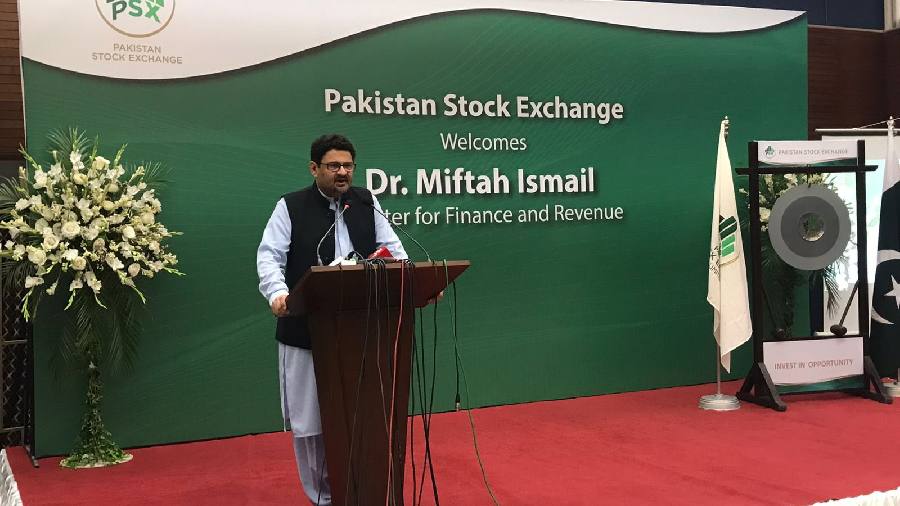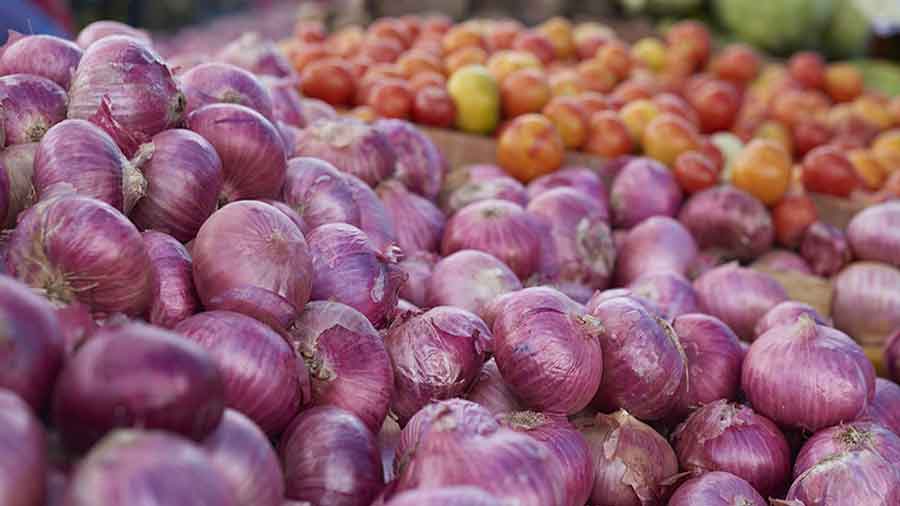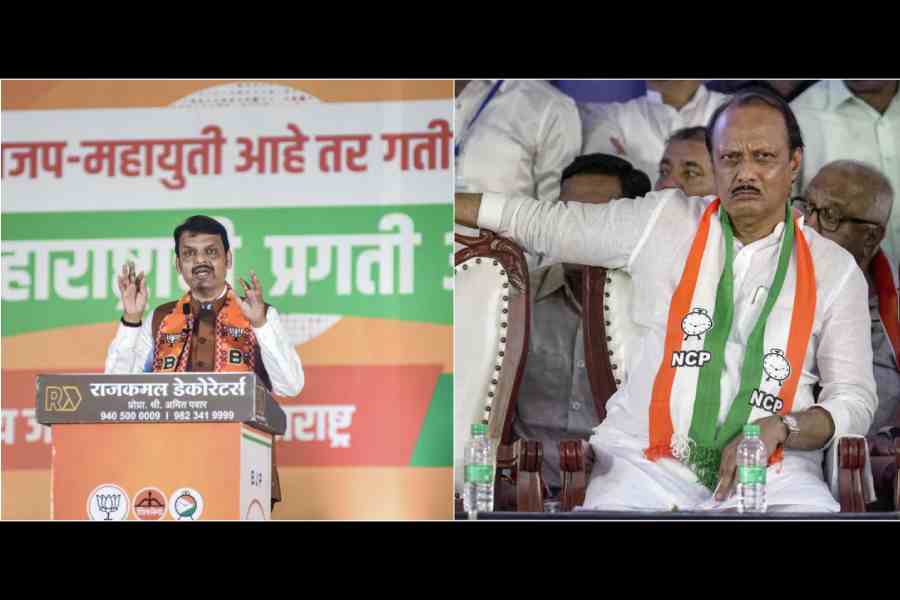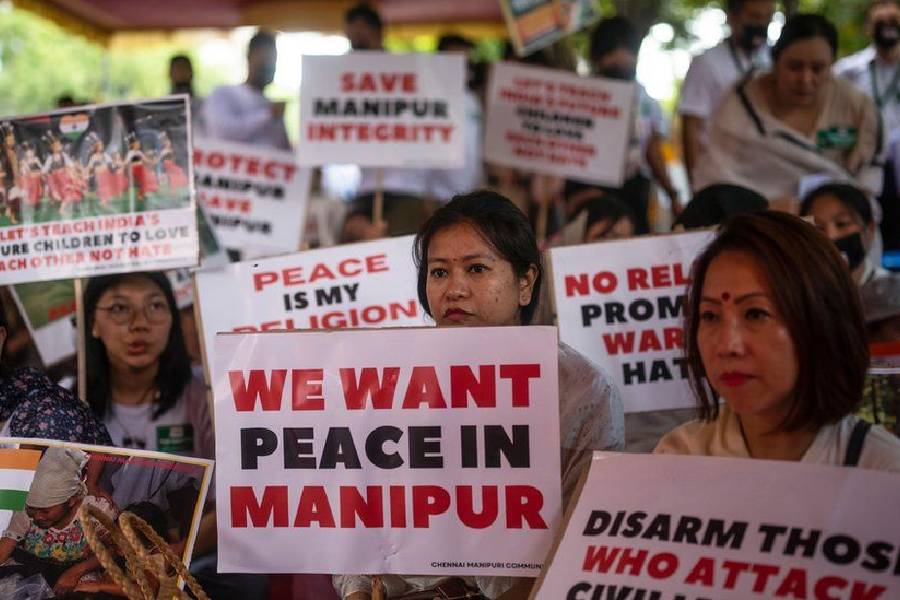Pakistan's Finance Minister Miftah Ismail on Monday said the government can consider importing vegetables and other edible items from India following the destruction of standing crops due to massive floods, three years after Islamabad downgraded trade ties with New Delhi over the Kashmir issue.
Pakistan is witnessing a massive surge in the prices of various vegetables and fruits due to devastating floods as the supply of vegetables from Balochistan, Sindh and south Punjab has badly been affected because of the disaster.
Addressing a press conference here, Ismail said the government could "consider importing vegetables and other edible items from India" to facilitate people after recent floods destroyed crops across the country, state-owned Radio Pakistan reported.
He made the comment in response to a question.
When a journalist told him that in the past, ministers advocating trade with India had to go home, Ismail said he was not afraid of it.
"If people have to go home to protect themselves from inflation, then it is fine. As much as I am working for the improvement of the economy, I hope I will not be fired," he said.
He further said that the supply of fruits and vegetables is likely to be affected due to floods.
"If the supply is affected, the import of vegetables (from India) will have to be opened. If we have to import vegetables from India, we will do so," he said.
Pakistan downgraded its trade relations with India in August 2019 after India's decision to revoke Article 370 that granted a special status to Jammu and Kashmir.
Citing a source, Dawn newspaper reported that former security adviser Moeed Yousuf was working on some proposals regarding trade with India.
On record, former commerce adviser Razak Dawood also spoke on several occasions for the resumption of trade with India.
In March 2021, the Economic Coordination Committee (ECC) had announced it would allow the private sector to import white sugar from India and cotton via the Wagah border. However, the decision was reversed within days following severe criticism from the main opposition parties Pakistan Muslim League-Nawaz and Pakistan People's Party who are now in a coalition government.
"With a change in the federal government this year, the Ministry of Commerce in May ruled out the possibility of a resumption of stalled bilateral trade," the paper said.
The response came from the commerce ministry over the widespread speculation on social media that the government led by Prime Minister Shehbaz Sharif was considering a proposal to resume trade with India.
"There is no change in Pakistan's policy on trade with India," an official announcement from the commerce ministry had said.
However, Foreign Minister Bilawal Bhutto Zardari in June had advocated the case for trade and engagement with other countries, especially India.
Foreign Office had to clarify his remarks, saying there was a national consensus and that Pakistan's attitude toward its eastern neighbour had not changed.
According to Lahore Market Committee Secretary Shehzad Cheema, one hundred containers of tomato and around 30 of onion are being received at Torkham border (with Afghanistan) daily, out of which two containers of tomato and one of onion is being brought to Lahore city on a daily basis and the number of containers is absolutely too short to meet the demand in the provincial capital of Punjab.
Cheema said that the government would eventually import onion and tomato from India.
He said that import of vegetables from Iran via Taftan border (Balochistan) was not viable as the Iranian government had increased taxes on its imports and exports.
He said that the prices of date palm and banana would also go up in the coming days as most of the orchards in Sindh had been destroyed by the floods. Apple supply from Balochistan or other areas had also been stopped due to flooding.
Jawaad Rizvi, a wholesale dealer of Lahore market, told PTI that on Sunday, per kilogram of tomato and onion were available in Lahore's markets at around Rs 500 and Rs 400 respectively.
He said that in the coming days the prices of commodities will increase further as the supply of vegetables from Balochistan, Sindh and south Punjab has badly been affected because of floods.
According to officials, floods have claimed over nearly 1,100 lives so far.












